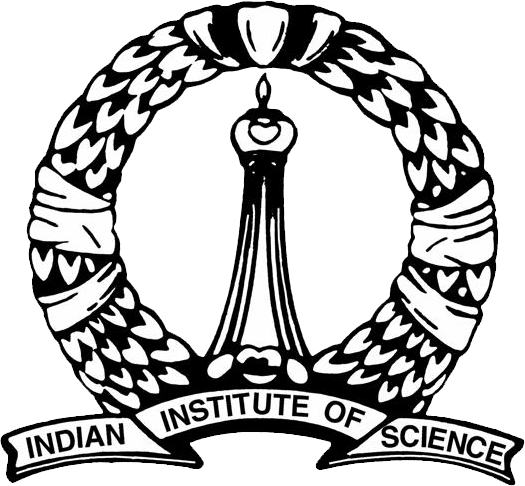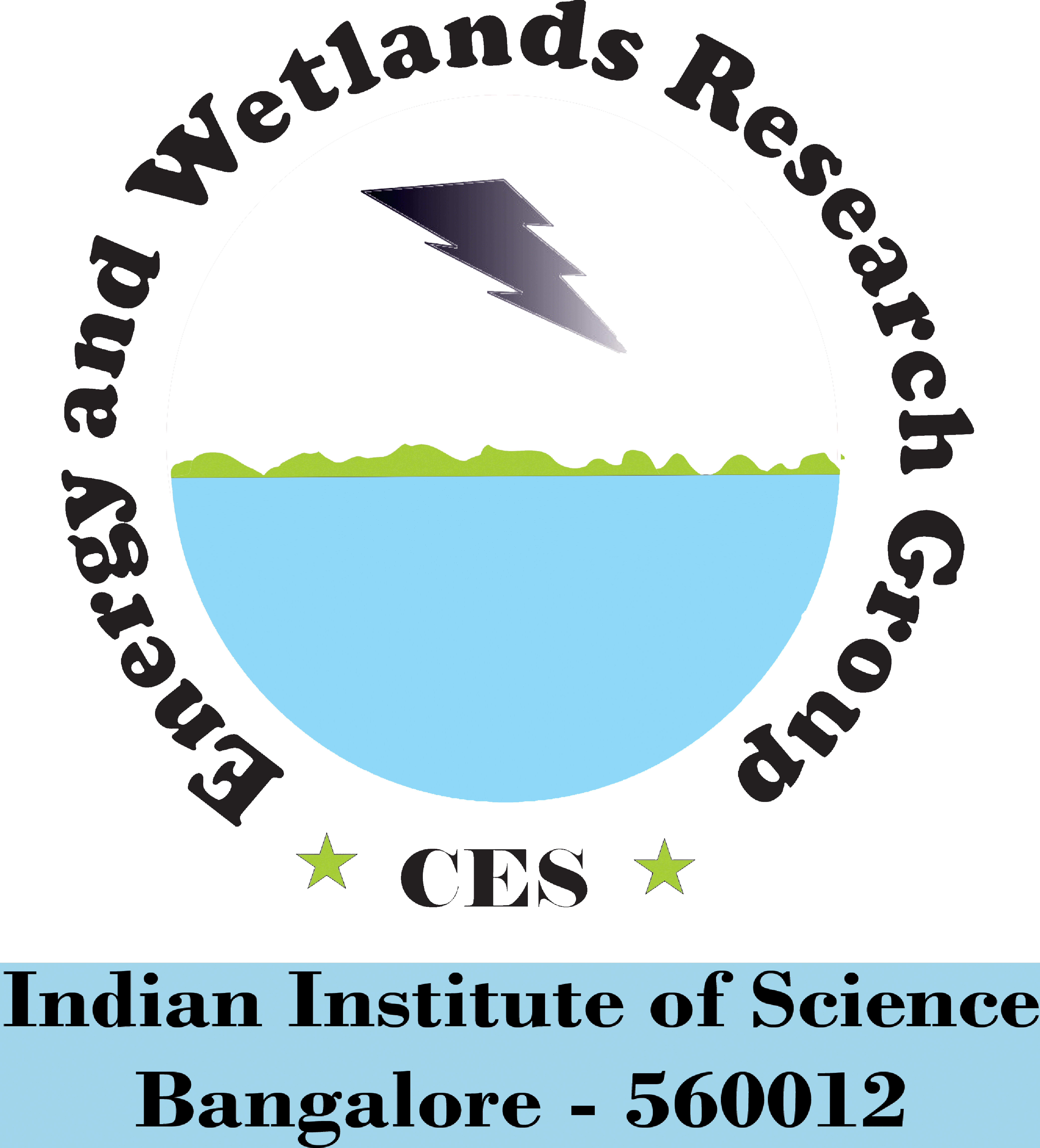|
|
ENVIS Technical Report 119, March 2017 |
 |
STATUS OF AREKERE WETLANDS
 |
|
| T.V. Ramachandra Asulabha K S
Sincy Varghese Sudarshan P Bhat |
Energy & Wetlands Research Group, Centre for Ecological Sciences,
Indian Institute of Science, Bangalore, Karnataka, 560 012, India.
E Mail: cestvr@ces.iisc.ac.in,
Tel: 91-080-22933099, 2293 3503 extn 101, 107, 113
|
Wetlands (and lakes) constitute the most productive ecosystems with a wide array of goods and services. These ecosystems serve as life support systems; serve as habitat for a variety of organisms including migratory birds for food and shelter. They aid in bioremediation and hence aptly known as ‘kidneys of the landscape’. Major services include flood control, wastewater treatment, arresting sediment load, drinking water, protein production, and more importantly recharging of aquifers apart from aiding as sinks and climate stabilizers. The wetlands provide a low cost way to treat the community’s wastewater, while simultaneously functioning as wild fauna sanctuary, with public access. These ecosystems are valuable for education and scientific endeavours due to rich biodiversity. Despite these services, wetlands – Treasure of Bangalore have been abused (with encroachments by mafia), polluted (sustained inflow of untreated sewage and industrial effluents, dumping of solid wastes and building debris) highlights the lack of (i) sense of belonging of all stakeholders, (ii) sincerity (bureaucracy and decision makers) and (iii) implementation of regulatory norms (weak governance). An exploratory field survey of 105 lakes in Bangalore reveals that 25 lakes were fully covered with macrophytes. The physico – chemical characteristics of 80 lakes of 3 different valleys were monitored during all seasons for a period of 24 months. The study portrays the pathetic status of fragile and productive ecosystems, evident from
- 98% lakes are encroached - Encroachment of lakebed, flood plains, etc.
- 90% lakes are sewage fed (sustained inflow of untreated sewage) and industrial effluents
This necessitate immediate policy interventions to conserve these sensitive ecosystems. Wetlands are indispensable for the countless benefits or “ecosystem services” that they provide humanity, ranging from freshwater supply, food and building materials, and biodiversity, to flood control, groundwater recharge, and climate change mitigation. Despite good environmental legislations, loss of ecologically sensitive wetlands is due to the uncoordinated pattern of urban growth happening in Bangalore. Principal reason is lack of good governance and decentralized administration evident from lack of coordination among many Para-state agencies, which has led to unsustainable use of the land and other resources. Failure to deal with water as a finite resource is leading to the unnecessary destruction of lakes and marshes that provide us with water. This failure in turn is threatening all options for the survival and security of plants, animals, humans, etc. There is an urgent need for:
- Restoring and conserving the actual source of water - the water cycle and the natural ecosystems that support it - are the basis for sustainable water management
- Reducing the environmental degradation that is preventing us from reaching goals of good public health, food security, and better livelihoods world-wide
- Improving the human quality of life that can be achieved in ways while maintaining and enhancing environmental quality
- Reducing greenhouse gases to avoid the deleterious effects of climate change is an integral part of protecting freshwater resources and ecosystems and Maintaining Intergeneration Equity
A comprehensive approach to water resource management is needed to address the myriad water quality problems that exist today from non-point and point sources as well as from catchment degradation. Watershed-based planning and resource management is a strategy for more effective protection and restoration of aquatic ecosystems and for protection of human health. Decision makers need to learn from the similar historical blunder of plundering ecosystems, else Bangaloreans’ will pay heavy price – evident already from severe water crisis and pollution related several health issues (higher instance of diseases related to water contamination, kidne
|
Dr. T.V. Ramachandra
Centre for Sustainable Technologies, Centre for infrastructure, Sustainable Transportation and Urban Planning (CiSTUP), Energy & Wetlands Research Group, Centre for Ecological Sciences, Indian Institute of Science, Bangalore – 560 012, INDIA.
E-mail : cestvr@ces.iisc.ac.in
Tel: 91-080-22933099/23600985,
Fax: 91-080-23601428/23600085
Web: http://ces.iisc.ac.in/energy
Asulabha K SEnergy & Wetlands Research Group, Centre for Ecological Sciences, Indian Institute of Science, Bangalore – 560 012, INDIA.
E-mail: asulabha@ces.iisc.ac.in
Sincy VargheseEnergy & Wetlands Research Group, Centre for Ecological Sciences, Indian Institute of Science, Bangalore – 560 012, INDIA.
E-mail: sincy@ces.iisc.ac.in
Sudarshan P BhatEnergy & Wetlands Research Group, Centre for Ecological Sciences, Indian Institute of Science, Bangalore – 560 012, INDIA.
E-mail: sudarshan@ces.iisc.ac.in
Citation:Ramachandra T V, Sincy V, Asulabha K S and Sudarshan Bhat, 2017. Status of Arekere Wetlands, ENVIS Technical Report 119, Energy & Wetlands Research Group, CES, IISc, Bangalore, India.
| Contact Address : |
| |
Dr. T.V. Ramachandra
Energy & Wetlands Research Group,
Centre for Ecological Sciences, TE 15, New Biology Building, Third Floor, E Wing, [Near D Gate], Indian Institute of Science, Bangalore – 560 012, INDIA.
Tel : 91-80-22933099 / 22933503-extn 107
Fax : 91-80-23601428 / 23600085 / 23600683 [CES-TVR]
E-mail : cestvr@ces.iisc.ac.in, energy@ces.iisc.ac.in,
Web : http://wgbis.ces.iisc.ac.in/energy |
| |